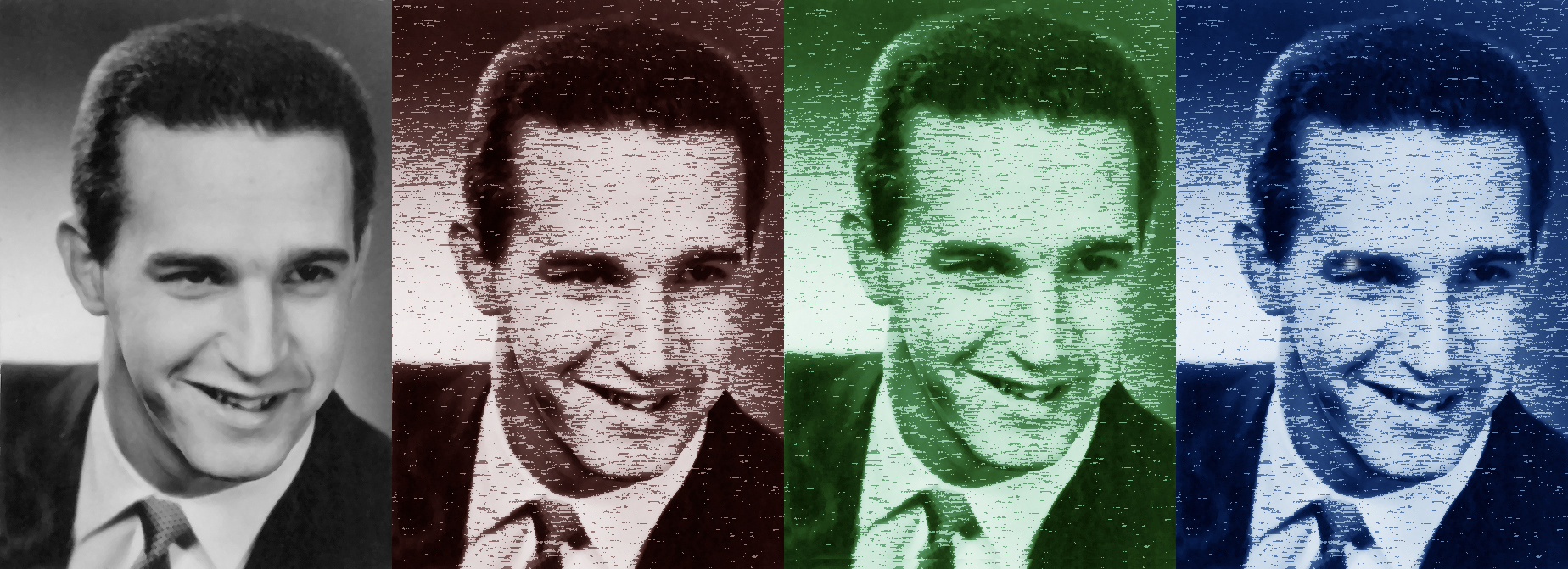
If you haven’t seen my announcement on Facebook, you may be bummed to learn of my recent discovery that the September 5, 1952, report for the Psychological Strategy Board (PSB) was not, I repeat was not written by St. Clair Switzer. Instead, it was written by a psychiatrist by the name of Henry P. Laughlin, M.D. Dr. Laughlin was also a professor of psychiatry at George Washington University, which is located in the Foggy Bottom section of DC, near the State Department, the National Academies. and as luck would have it, the CIA’s former location at 2430 E Street, NW. People in the CIA were hot hot hot for the Sept. 5., 1952, PSB report. If asked, they would loan their copy out, but they would also make sure that it was returned to them asap. It was that much in demand.
So Doc Switzer didn’t write it, as I’d originally thought.
It’s fine. I’ve moved on.
In honor of the Freedom of Information Act’s 57th birthday, which is this coming Tuesday, I’m posting the report in its entirety here. Unfortunately, the bibliographies mentioned in the Table of Contents aren’t included with the report that I received. But that’s OK. The 110 pages that we do have has cost me the equivalent of a day pass to Disneyland in scanning fees, which is as much as I care to spend at present. Plus, although I’d love to see the bibliographies, if they still exist, I’m not sure we would have learned that much more.
My reasoning is that, for a while, I’d wondered if perhaps Doc Switzer might have at least helped in compiling the bibliographies. I thought this because he was so close to Dayton, Ohio, where, at that time, every technical study funded by the U.S. Department of Defense (DoD) was being filed at the Armed Services Technical Information Agency (ASTIA). If we saw any mention of a military study in the bibliography, then it would have been safe to presume that ASTIA would have been the source, and, by extension, Switzer the likely researcher. But, from what I can tell, it doesn’t appear that Switzer assisted with this report in any way. Otherwise, I think Dr. Laughlin would have thanked him for his help. He seems as if he was that kind of guy. Mind you, I still believe that Doc Switzer likely helped with report writing for Project Artichoke—just not this report. I’ve been doing some additional digging in this regard, and plan to discuss this topic with you in the future, once my bruised ego has fully healed.
One bonus is a second report that has been tacked on at the end of this report, titled “Brain-Washing: A Supplemental Report.”
I should add that I’m posting this even before I’ve had a chance to read it. So far, I’ve only done an initial skimming. If you find something interesting, let us know. Enjoy, and have a happy fourth!

Also, even if he wasn’t involved in creating it, seems likely he would have seen at least parts of it, even if it was a year or more later. I wonder what his opinions were, because I feel like he definitely had some.
Could be. It wouldn’t be too much of a stretch for the CIA folks who had his name to run it by him for his opinion. Especially with him being a psychologist/pharmacist who’d studied under Hull.
Even if Switzer didn’t write it, it’s the Psychological Strategy Board report from Sept. 5, 1952, fcol. What a great celebration for FOIA’s 57th AND the 4th of July.
I love hanging with people who get excited about a 1952 PSB report! You’re my kind of people!
Well that’s a bummer, but at least you have some conclusions and won’t be chasing down irrelevant leads. Have fun listening to Linda Rondstadt sing classic standards!
Exactly…it’s always good to have answers. And that Linda Ronstadt video is so good! I plan to play it a lot. Thank you!